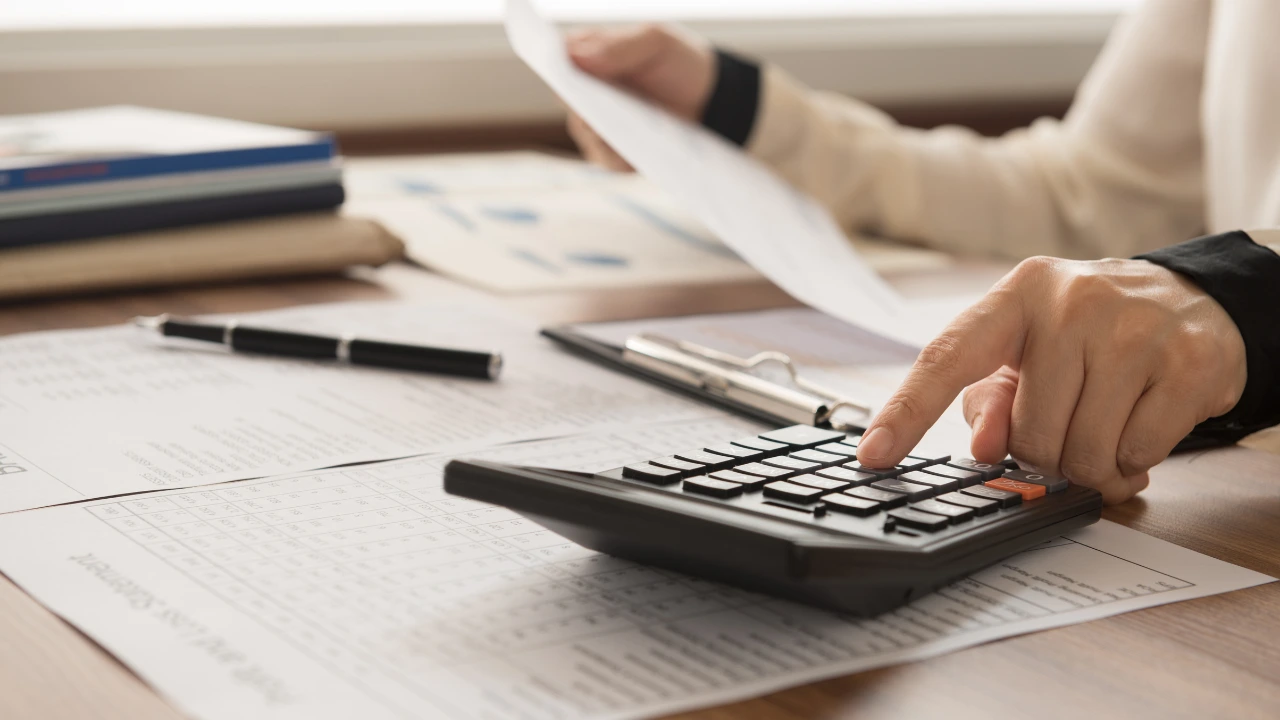How to File Your Business Taxes
From discussing tax planning and filing strategies to making the process as efficient and manageable as possible, our business accountants are here to offer valuable insights and practical tips that will help you file your business taxes in 4 easy steps.







